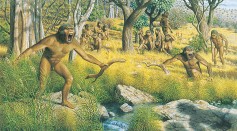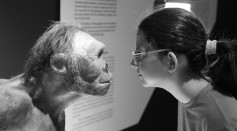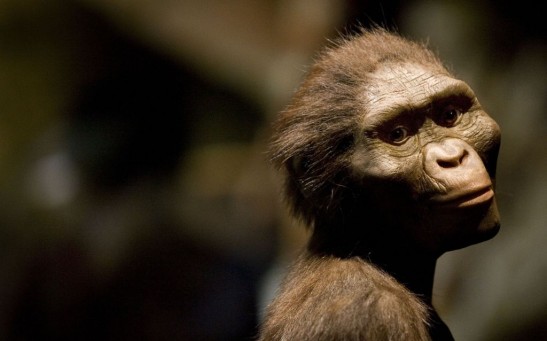Australopithecus

Primate Human Issa Found With Climbing Abilities Similar to Ape But Walked on Feet
Scientists Release "More Accurate" Representations of Ancient Hominids

Hard Plant Foods Are Included In the Diet of Early Humans, Scientists Say
A New Species is named following the Discovery of a 3-Million-Year-Old Jaw Fragment
Most Popular

How Technology Is Changing the Real Estate Industry?

How a Plant-Based Diet Can Protect Against Breast Cancer: Insights from Nutrition Research

Study Reveals High Turnover in Scientific Research Careers: What This Means for Future Scientists

Why It's So Difficult to Lose Weight: The Biological Explanation Behind Obesity






